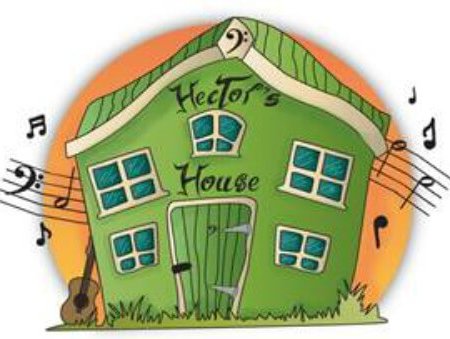Mental Health for All

Mental health affects us all – we all have it. For some of us, our mental health may be good, but 1 in 4 of us will struggle with a mental health problem at some point in our lives. This may display as depression, anxiety, bipolar disorder, schizophrenia, obsessive compulsive disorder, post traumatic stress disorder, or another form of mental health problem. For some, it may be a mild problem – it may be devastating, life-changing and even life-threatening for others.
Two-thirds of people with a mental health issue don’t seek help. ‘Stigma, discrimination and neglect prevent care and treatment from reaching people with mental disorders,’ says the World Health Organization (WHO).
Today marks World Mental Health Day, the theme this year – ‘Mental health for all’. This year has highlighted our need to all have the same opportunities to be able to access prevention and treatment.
Covid-19
2020 has been an exceptional year – one that we won’t be forgetting in a hurry. It has brought challenges for us all. We will have felt the impacts of living through Covid-19, and suddenly being stripped of our freedom – maybe experiencing anxiety surrounding health and worrying about loved ones. Or maybe feeling isolated, lonely or depressed throughout lockdown. But, what we have been doing is weathering this storm together – all in different boats – but together. Each other’s mental health is now at the forefront of all our minds. We’ve been checking in on our loved ones. We hopefully now understand the importance of connections, and how all of our mental health can be affected.
Mental Health for All Regardless of Race
This year will also stand out as inequalities in our society were thrust into the forefront of our minds. The Black Lives Matter movement highlighted how continued racism exists within our communities and intrinsically throughout our systems. But, for those experiencing racism, this was not new information. The impact racism has, and now this seeming ‘awakening’, on BIPOC’s (Black, Indegenious and People of Colour) mental health should not be overlooked. For those experiencing racism, research shows it can impact on overall health and mental health. Disadvantages within BIPOC communities*, means there may be challenges accessing appropriate mental health services.
Mental Health for All Regardless of Wealth
Unfortunately, access to mental health resources can be difficult, and those disadvantaged by their social and economic circumstances may have trouble accessing the services they need. Our NHS is overstretched. Getting referred the appropriate treatment can be difficult and slow. Private therapy may be financially unavailable to many. Lack of education and awareness, or the fear of being stigmatised can be a real barrier stopping disadvantaged young people and adults getting the mental health support they need.
Hector’s House want to ensure access to mental health services isn’t just for the privileged.
Ending Stigma
At Hector’s House a huge part of the work they do is to end the stigma that surrounds mental health. They want to normalise talking about mental health – educate people to recognise the signs and symptoms, and to encourage people to seek help when needed.
If you are feeling as though you need someone to talk to about your well-being, but feel you have nowhere to turn to – you can turn to them. They can help signpost you to the correct support. No matter what your age, gender, race or economic status is – you deserve help, and you are not alone.
Get in Touch
Text HECTOR to 85258
Email hihector@hectorshouse.org.uk
Visit your local Mind website – www.mind.org.uk/about-us/local-minds
